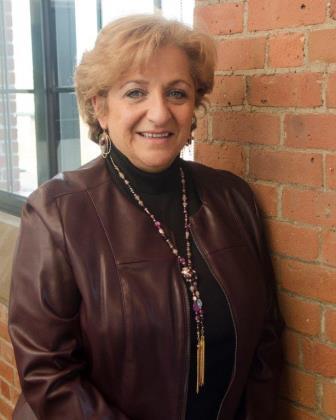Ask Joan: The confusion around types of rehabilitation
Question: My elderly mother is currently in the hospital with both COVID-19 and a urinary tract infection. She has slowly been making progress and will soon be discharged. She remains frail and sleeps a great deal of the time but won’t require the level of medical care she has been receiving. Today, the hospital told me she is not appropriate for their acute rehabilitation unit but will need skilled services when she is discharged. I find this very confusing. Do you have any advice?
Answer: Acute rehabilitation usually takes place in a medical hospital or stand-alone rehabilitation hospital. According to medical experts, the patients who meet the criteria for these services have often experienced a major medical trauma such as a stroke, extensive burns, a brain injury, or other serious illness. Their medical team determines that these individuals could not recover without this intensive intervention. All patients must be capable of actively participating in the therapy and able to respond to verbal, visual, and/or tactile stimulation.
The physicians and their colleagues involved in your mother’s hospital care may have determined she is too frail to enroll in acute rehabilitation care. They may be prescribing sub-acute rehabilitation, which can be done inpatient at a skilled nursing facility or in the home. This includes elements of acute rehabilitation delivered in a community setting, at a level she can tolerate to her benefit. A team of skilled therapists will monitor her progress and communicate with you once they believe she has achieved her maximum potential.
It is best to discuss the options available for your mother before she is discharged. Our staff at Elder Services can assist you in learning more about those choices so you can make an informed decision.
I wish you and your mother the very best.
Are you struggling to care for an older adult or having difficulty locating resources? Our experienced staff is available to help. Visit us online at www.ESMV.org for more information. You can also call us at 1-800-892-0890 or email info@esmv.org. Joan Hatem-Roy is the Chief Executive Officer of Elder Services of the Merrimack Valley and North Shore.
Recent Posts
Categories
- Aging Unbound
- Annual Golf Classic
- Ask Joan – Weekly Q and A Column
- Caregiver Events and Workshops
- Caregivers Connect
- Caring for Someone with Alzheimer’s or Dementia
- Changing Aging
- Community
- COVID19
- Digital Access
- For Families and Caregivers
- General
- General Ideas and Support
- Geriatric Support Services
- Grandparents / Kinship Caregivers as Parents
- Health Worker
- Healthy Aging
- Inspiring Aging
- LGBTQ+
- Long Distance Caregiving
- Making Connections
- Medicare Resources
- New to Caregiving
- Nutrition
- PCA
- Program Update
- Resources
- Scam Alert
- Self Care for the Caregiver
- Uncategorized
- Veterans
- Volunteering
- What’s New Out There
- Years of Service
Tags
Affordable housing agespan Alzheimer's awareness caregiver Caregiver Care caregivers Caregiver Support clutter Cognitive community Connection Dementia diabetes education General Caregiving golf golf classic Grandparents health healthy aging hiring Hoarding housing learning Long Distance Medicare meditation memory cafe Memory Loss mental health Music and Memory Nutrition older adults older americans month personal care report elder abuse Resources Self Care SHINE taichi tournament volunteer wellness Yoga

